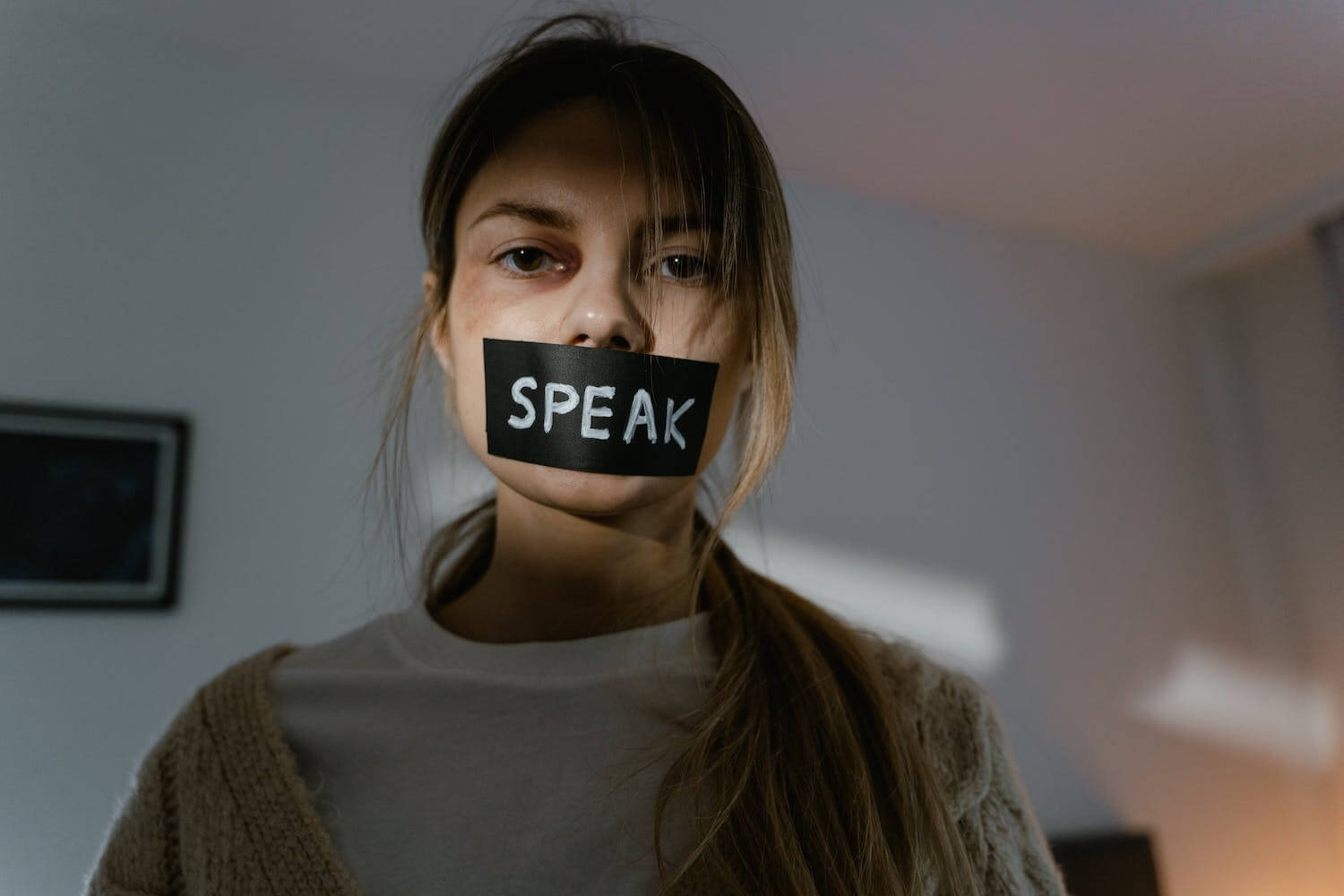When it comes to understanding the legal repercussions of simple assault in Australia, it’s crucial to navigate the nuances of the law with clarity. But what are the charges for simple assault? Here’s a comprehensive list:
- Common Assault: This charge typically arises from situations where no physical harm is inflicted, but there is a threat of violence or some form of unwanted, forceful contact. It can include actions like pushing, shoving, or even spitting at someone.
- Assault Occasioning Bodily Harm: This more severe charge is used when the assault results in actual physical harm to the victim, such as bruises or cuts that may require medical treatment.
- Unlawful Wounding: This type of assault involves an injury where the skin is broken, leading to bleeding. It’s more severe than common assault but less so than grievous bodily harm.
- Grievous Bodily Harm: This is one of the most serious assault charges and is applied when the victim sustains significant and lasting injuries, such as broken bones or serious head injuries, that may be life-threatening or cause permanent disability.
- Sexual Assault: This charge is used in cases where an individual is forced into a non-consensual act of a sexual nature. It can range from inappropriate touching to rape.
- Aggravated Assault: This term is used when the assault is accompanied by circumstances that make the offence more serious, such as the use of a weapon, the assault of a minor, or when it results in severe injury.
Each of these charges carries its own set of legal penalties and consequences, which can vary depending on the specific circumstances of the case and the jurisdiction in which the offence occurred.
Also read: Domestic Violence Criminal Charges
What Constitutes Simple Assault?
In the realm of Australian law, simple assault can encompass actions ranging from a threat during an altercation to minor physical contact such as a shove or a spit.
The charge of simple assault is the most common and can be influenced by factors such as the location of the incident, the extent of harm caused, and the defendant’s criminal history.
Also read: Understanding What Evidence is Required to Prove Assault
The Legal Process and Potential Defences
Upon being charged, individuals may be remanded in custody or released on bail, with conditions set to mitigate any risk to victim and the wider community.
Those accused have the option to plead guilty or not guilty, with each choice leading down a different legal path.
Legal defences such as self-defence, duress, and mental impairment may be applicable, alongside factual defences like alibis or mistaken identity.
Need a Lawyer?
How We Can Provide Assistance: What Are the Charges for Simple Assault
A concerned mother recently approached our firm, suspecting she had been a victim of simple assault.
She was understandably distressed, seeking clarity on the charges applicable to her situation. As her legal advisors and experts in family law, we first ensured she was safe and then meticulously gathered the details of her encounter to ascertain the legal standing.
We explained that simple assault in Australia could encompass non-physical threats or minor forceful contact, both of which seemed pertinent to her experience.
Our team then outlined the potential legal outcomes and remedies available to her under Australian law. We assisted in documenting her account, advised on the immediate steps to protect her rights, and prepared to represent her interests should the matter proceed.
Throughout, we maintained the utmost confidentiality, ensuring the mother felt supported and empowered to pursue justice for the wrong she believed she had suffered.
Navigating Assault Charges with Legal Assistance
It’s imperative for those charged with assault to seek legal counsel and intervention order promptly. A lawyer can provide invaluable advice on bail prospects, potential penalties, and the strategic approach to pleading in court.
Whether contesting the charge or pleading guilty, legal representation is key to navigating the complexities of assault charges in Australia.

